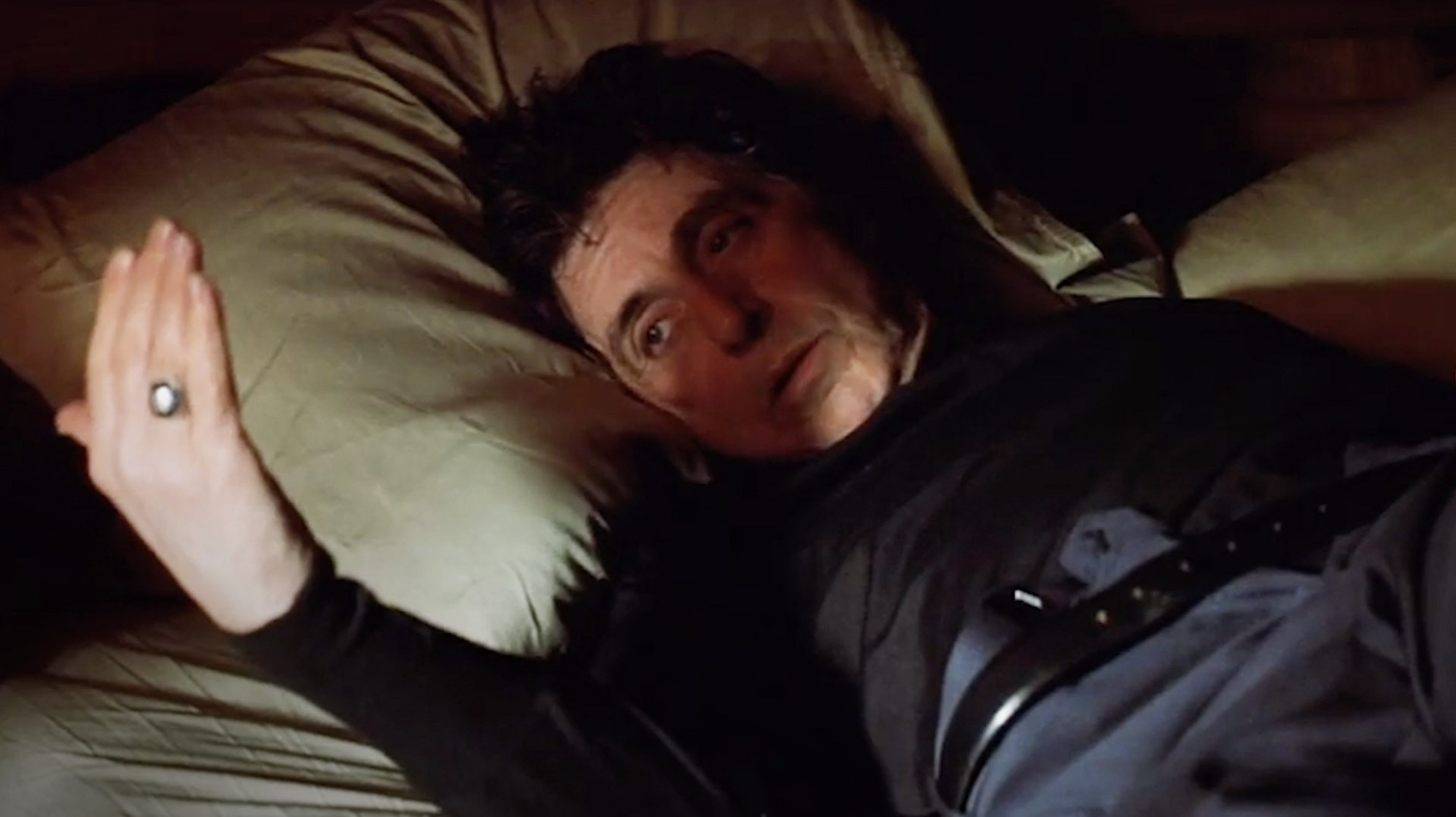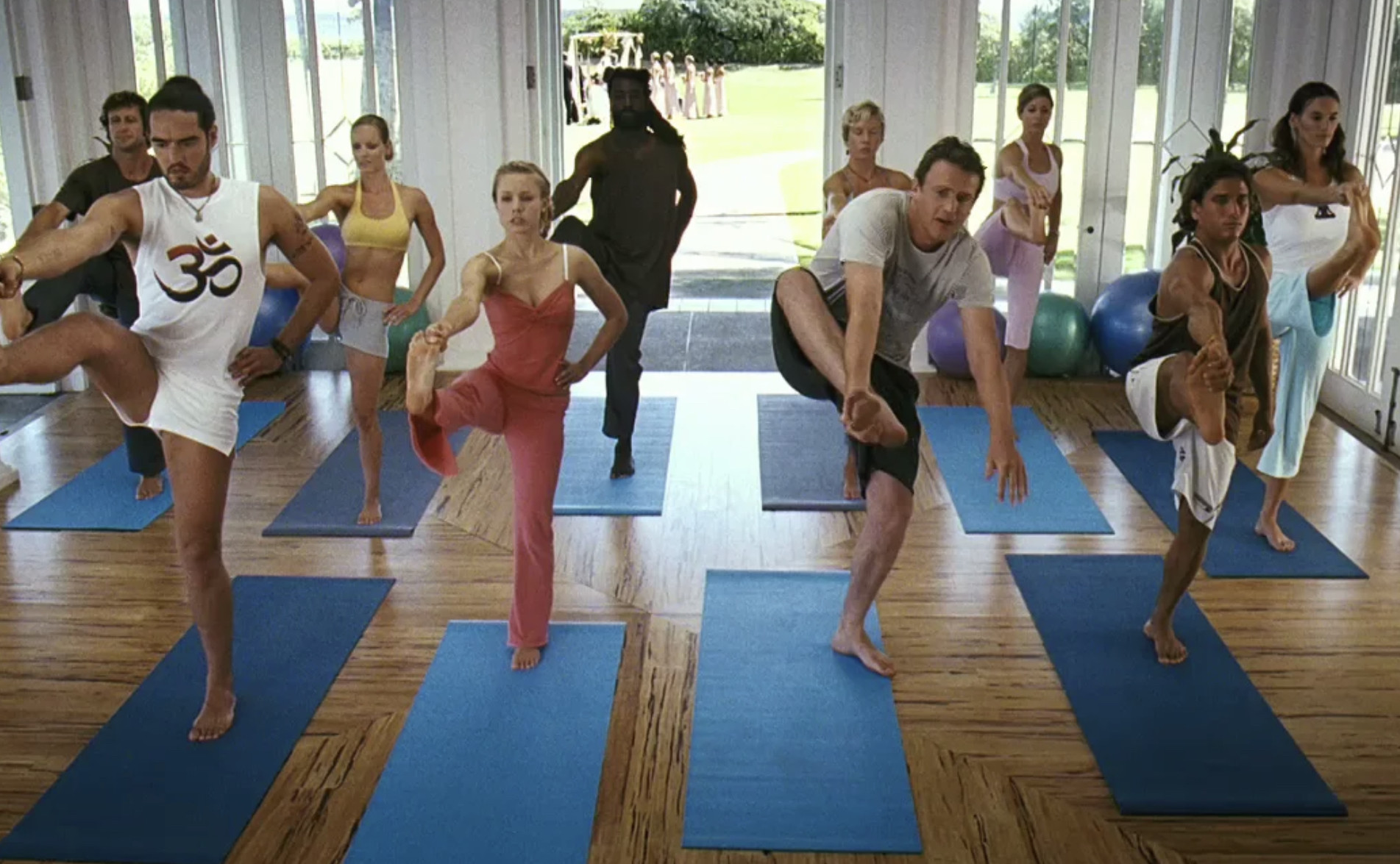
Being glued to the grid is starting to feel more like a full blown addiction than a hobby
KARACHI:
Nestled in your cinema seat, you cradle a buttery tub of popcorn, the lights dim and the screen flickers to life. But as the trailers roll, anxiety creeps in. You glance down at your phone. No signal, no Wi-Fi, and your mind starts racing. What if someone’s trying to reach you? What if you miss a conversation on the group chat? Welcome to the world of nomophobia – a modern-day phobia that’s not about creepy clowns or a dark room, but the terror of being without your mobile phone.
Nomophobia, coined in 2008, stands for “no mobile phone phobia”. It’s a condition characterised by anxiety when you can’t access your phone. Symptoms include a racing heart, trembling, and sweating – basically, your body goes into fight-or-flight mode as if your phone were some kind of lifeline you just dropped overboard.
According to Healthcare journal’s 2023 study, this isn’t just an occasional twinge of stress. It’s part of a larger puzzle that connects to smartphone addiction, general anxiety, and even sleep disturbances. “The blue light emitted by our phones disrupts melatonin production,” the study explains, “making sleep harder to come by.”
As explained in the journal article from Systematic Review and Meta Analysis, nomophobia can even mimic other anxiety disorders like panic attacks, social phobia, or disorientation. In that same article, the authors warned, “Excessive screen time, especially at night, is connected to irregular sleep patterns, leaving us wired even after we log off.” And then there’s the subtle, lingering anxiety that gnaws at the edges of your awareness, leaving you tense without understanding why.
Feeding the monster
Our phones feed into a reward system in our brains. Each time we pick them up, we get a little dopamine hit – a tiny boost of pleasure that reinforces the habit. This repetition leads to overindulgence, where the brain becomes conditioned to expect that next ping or alert. In essence, our brains are wired to keep coming back for more. Social media’s constant loop of likes, comments, and shares is another factor. And then there’s FOMO—the fear of missing out – that drives us to check and recheck our feeds to see what everyone else is doing.
In fact, Mikael, a university student, tells The Express Tribune about his own struggles with nomophobia: “I can’t sleep unless I’m on my phone until late. Instagram, TikTok or YouTube – it’s the only way I can fall asleep. It’s unhealthy, but at this point, it’s a habit. Recognising the problem is a step, but breaking it? That’s a whole other story.” For many, like Mikael, phones have become sleep aids, crucial to winding down after a long day, but as the studies suggest, they’re actually keeping us up at night.

With more apps than we can count and the infinite scroll that never ends, it’s not surprising that people find it challenging to disconnect. That dopamine hit is social media at work, turning your idle moments into addiction.
To avoid slipping into full on nomophobia, setting boundaries is key. Charlotte Fawcett from The Sleep Charity points out, “Winding down with activities that don’t involve screens can help signal to your body that it’s time to sleep.” In other words, creating a barrier between your waking hours and bedtime makes a difference.
Breaking the cycle
Those suffering from this form of anxiety have resorted to activities like colouring or journaling that provide the mindfulness needed to disconnect from phone-induced stress. These creative exercises allow the brain to unwind and focus, helping reduce anxiety without the buzz of notifications. “Recently, I bought an adult colouring book and started colouring as a way to pass the time before I sleep. I still need my phone, but I would definitely say not at the same level as before. I’m using it less and less,” Mikael says.
Take colouring books, for example. They’ve become more than a nostalgic hobby from childhood; they’re now a non-tech practice that can effectively create better habits and reduce sleep disturbances. The repetitive motion of filling in shapes with colour provides structure, while freeing up mental space to relax and unwind.
Journaling, too, has its merits. It’s a space to vent, process, and explore emotions without a screen lighting up your face. Imagine writing out the anxieties that creep in when you’re phone-less. By journaling, you externalise your worries, giving yourself a chance to process them instead of letting them simmer in the background.
Doing the work

Jeannette Faruque, yogi and founder of Studio X Karachi, believes yoga can significantly improve both sleep and phone anxiety. She explains how the practice engages the parasympathetic system, which, in turn, works with the nervous system to promote calmness.
For Jeannette, it’s not just about the poses, but also meditation and deep breathing. This combination brings a sense of peace that can reduce the desire to scroll endlessly on your phone. “Yoga and meditation help you deal with emotions in order to calm your mind and sleep better. Once you feel relaxed and at peace, you don’t really feel like looking at your phone because it takes away the feeling of inner peace,” she tells The Express Tribune.
Having practiced yoga for over 20 years, she highlights its overall benefits. Specific Asana poses, such as resting your legs against the wall, can release tension and improve sleep, as well as techniques like alternate nostril breathing. “You block the right nostril and inhale through the left one, then block both nostrils and hold for a few seconds. Then keep the left nostril blocked and exhale through the right one.” She guarantees that keeping up with the practice regularly will bring a positive change in your sleeping, and screen time.
The goal isn’t to vilify phones entirely – they’re incredibly useful tools. But like any tool, balance is key. And just because you might feel anxious when separated from your phone doesn’t mean you’re fully addicted. An addiction or anxiety interferes with your quality of life, dictating your day-to-day actions and thoughts. On the other hand, feeling the occasional pull to check your phone, especially in those dreaded signal dead zones, is a common trait in our tech-obsessed world.
Have something to add to the story? Share it in the comments below.





